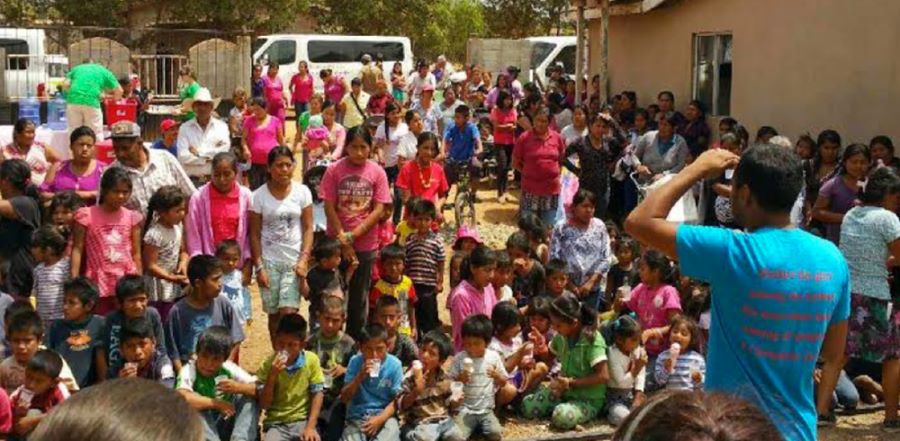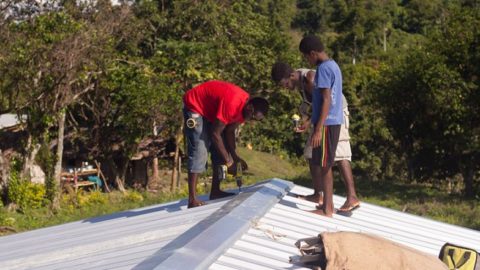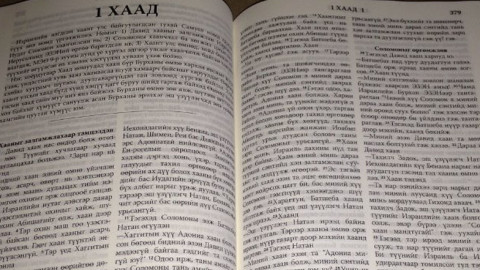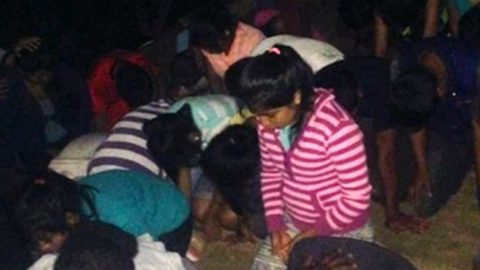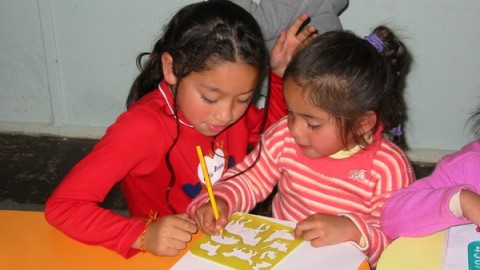As a little boy in the former Soviet republic of Moldova, Peter Pasechnik preached into a tape recorder, hit rewind, and self-critiqued his efforts. He wanted to imitate his father, Ivan. But a miracle he had prayed for at age 10 in the life of his mother, Olga, took his faith to a deeper level.
In 1966, Olga needed medical attention. A car spooked horses pulling the carriage ambulance, which dragged her underneath the carriage three miles across frozen fields. At a hospital, barely clinging to life, she asked to die at home.
“As little children,” Pasechnik says of himself and his four siblings, “we wept and prayed to God, that He would not take our mom from us and would not leave us orphans.” A woman in the church received a word from the Lord that Olga should receive Communion. Though unable to even swallow, she took the Lord’s Supper. Within an hour, Olga rose from her bed and walked. When doctors learned of the miracle, they traveled more than 100 miles to see her.
Fast-forward to 1993: God sent youth leader Pasechnik as a missionary pastor to plant a church in Edinet, a Moldovan city without a Pentecostal congregation. In short order, he helped to plant churches in eight additional communities that lacked a Pentecostal presence.
Four years later, on his first trip to the United States, Pasechnik noticed various Slavic immigrants, comfortable with their material wealth and uninterested in God. In 2000, Pasechnik, who speaks Russian, moved with his wife and four children to the Sacramento, California, suburb of Rancho Cordova. There he planted Christian Church Zion, now a 600-strong Russian-language congregation of Slavs representing several nationalities.
Each year, Christian Church Zion sends a mission team to Moldova. Every month, two dozen from Christian Church Zion travel to Mexico for outreach through a congregation planted near Tijuana. The short-term workers travel there in three vans donated by a businessman who accepted Christ through the church.
Christian Church Zion has sent missionaries and planted churches from North Africa to Ukraine. The church’s work includes evangelism, building churches, and constructing a home for disabled children.
On Friday nights and Saturday mornings, Pasechnik, who holds a doctorate, operates a Bible school with 40 students, using Global University courses in both English and Russian. Pasechnik helped to start a Pentecostal school last year in his native land and now 45 students are enrolled there. Pasechnik himself prepared the program with an eye toward keeping pastoral studies affordable and assisting students, in turn, to teach others.
“I like to study, and I like to help others,” says Pasechnik, 61.
Scott Temple, director of the AG Office of Ethnic Relations, is impressed by Pasechnik’s leadership and commitment to mission endeavors, one reminiscent of the apostle Barnabas taking a mission team to Cyprus in Acts Chapter 15.
The voluminous number of mission trip photos on the Christian Church Zion lobby wall caught Temple’s attention when he visited recently.
“It’s obvious that mission work in Belarus, in Moldova, and also in Mexico, involves everyone in missions,” Temple says. “It’s contagious with the members of the church as hundreds have gone with Pastor Peter on mission journeys.”
(Source: AG World News)

